Carnivore Diet Side Effects
Starting a carnivore diet may present some initial challenges. You might encounter issues such as headaches, leg cramps, constipation, or other common side effects. To alleviate these symptoms and ensure a smooth transition, consider the following guidance.
Water + Salt = Hydration
A key approach to managing these side effects is to increase your water and salt intake. Doing so can help replace the fluids and minerals your body loses during the early stages of the diet. Proactive measures in the first week can be particularly effective in minimizing or preventing these problems. It’s essential to note that individuals with high blood pressure, heart failure, or kidney disease should consult with their medical provider before significantly increasing their sodium intake.

To manage low-carb flu, you can increase your sodium intake by drinking a glass of water with half a teaspoon of salt, which can help relieve the symptoms within 15-30 minutes. You can repeat this process once or twice daily as needed in the first week. Another option is to use bouillon or broth for a more palatable solution. In addition to sodium, ensure you’re getting enough magnesium and potassium, two essential electrolytes. While the foods you eat on a carnivore diet include these electrolytes, you may need a little more at first while your kidneys adapt to the reduced carbohydrate intake and reduced insulin levels that result from the diet.
Carnivore Satiety
A balanced carnivore diet should include adequate protein and fat to prevent feelings of hunger, fatigue, and deprivation. Protein and fat play a crucial role in satiety and energy levels, making it easier to transition to a carnivore diet with minimal side effects.
If adding salt, water, and calories does not completely eliminate low-carb flu, it’s advisable to stick with the diet a bit longer, as remaining symptoms are likely to improve within days as your body adapts to a low-carb carnivore state. If necessary, you can increase your carb intake slightly for a more gradual transition to low carb, though this may slow down your fat-adaptation and weight loss.
Foot and Leg Cramps
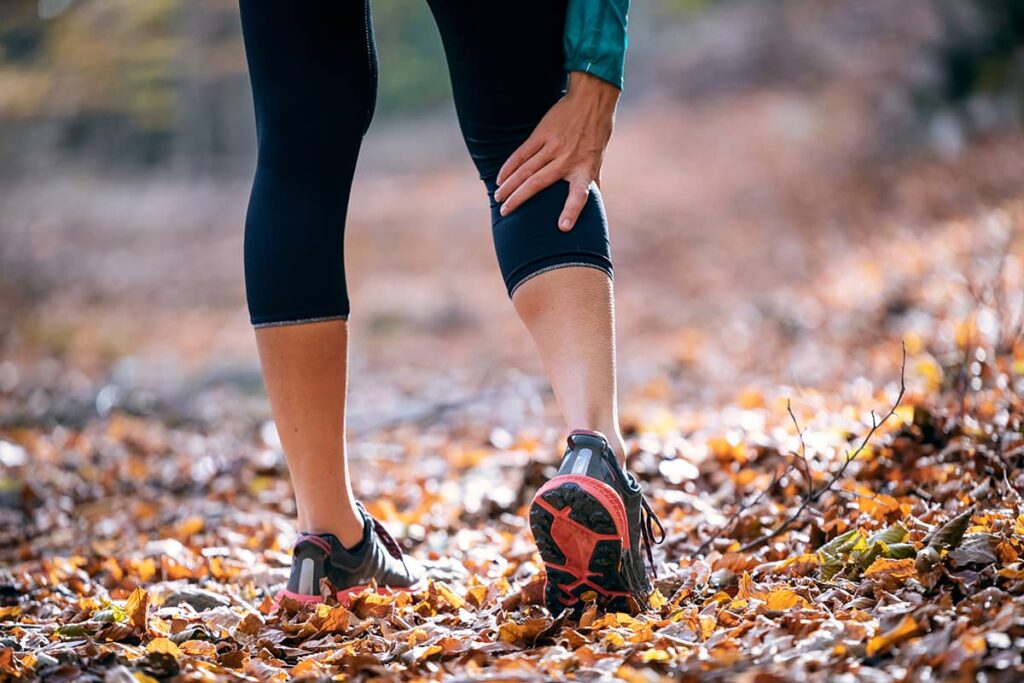
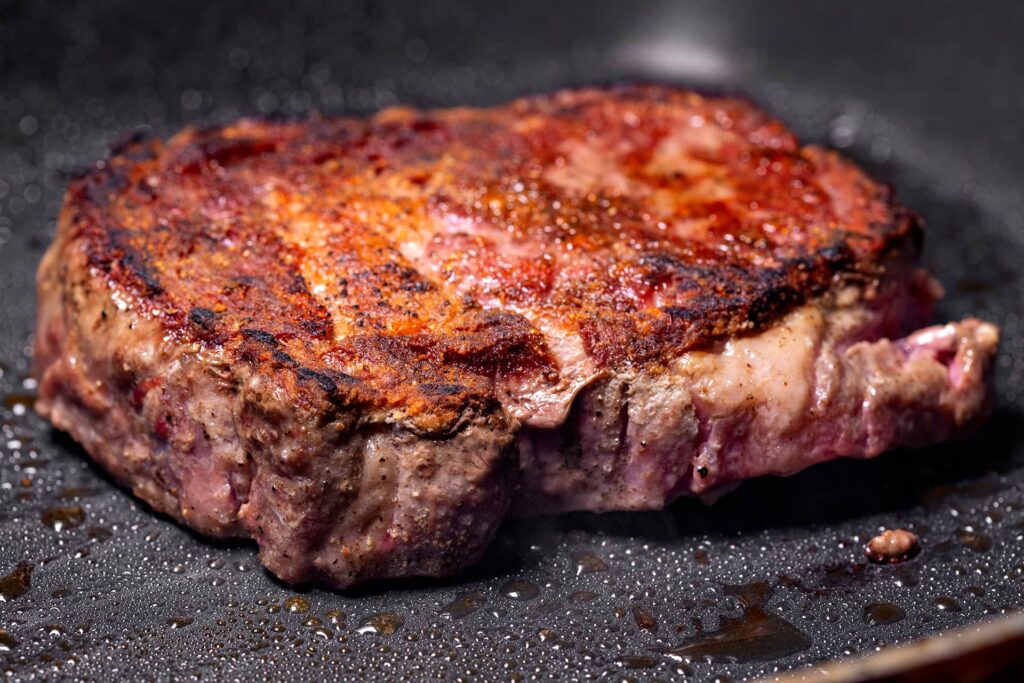
Constipation
Constipation is another possible side effect when starting a carnivore diet. To address this issue, drink plenty of water and get enough salt to prevent dehydration, which can contribute to constipation. Dehydration is a frequent cause of constipation. If these steps don’t resolve the problem, you can also try increasing the percentage of fat in your diet, by adding bacon fat or butter to your meat.

Bad Breath (Halitosis)
Any strict low-carb diet, such as a carnivore diet, can sometimes lead to bad breath characterized by a fruity smell, often due to the presence of acetone, a type of ketone body. While this condition is temporary for most individuals and typically resolves within a week or two, some people may continue to experience it. Solutions include maintaining proper hydration, good oral hygiene, using breath fresheners, or waiting for it to self-resolve. For persistent cases, you can reduce the degree of ketosis by adding a few more carbs to your diet or slightly cutting your dietary fat intake, although this may affect the diet’s effectiveness for weight loss and other health benefits.

Heart Rate or Palpitations
Starting a carnivore diet may initially lead to a slightly elevated heart rate and the sensation of a harder heartbeat. While this is usually normal and not a cause for concern, it’s essential to ensure you’re hydrated and maintain an adequate salt intake to address these symptoms. If you have a history of heart disease or feel faint, it’s advisable to consult your medical provider.

Medication Adjustments: Blood Sugar
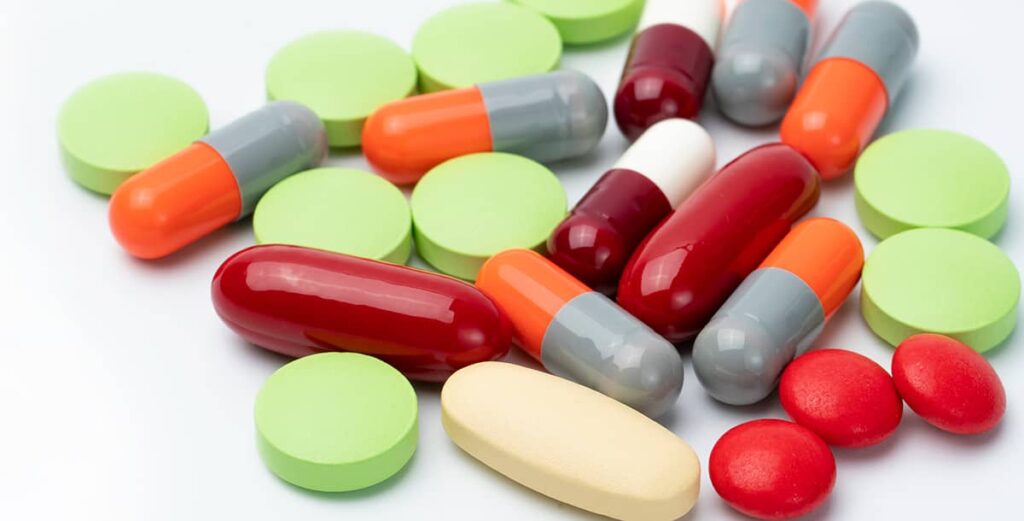
Medication Adjustments: Blood Pressure
Regarding high blood pressure, a carnivore diet typically helps improve or normalize blood pressure for most individuals. This may reduce the need for medication, and if your dosage becomes too strong, it can lead to low blood pressure, which might manifest as increased pulse and heart palpitations. In such cases, it’s prudent to check your blood pressure and consult your doctor about potentially reducing or discontinuing your blood pressure medication.
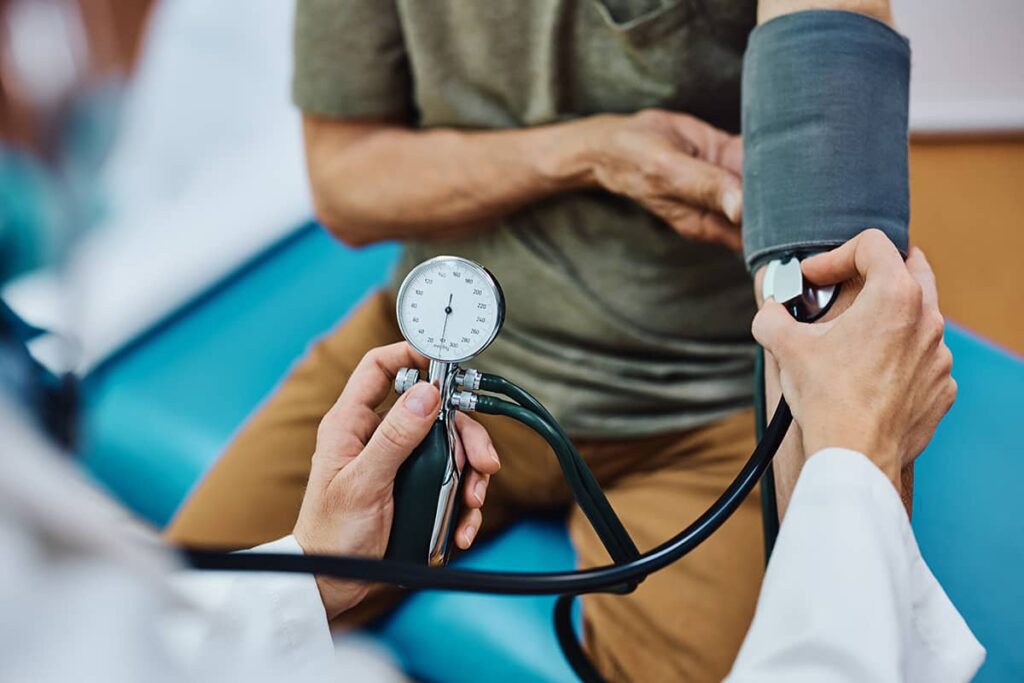
Athletic Performance
Transitioning to a low-carb, carnivore diet may lead to reduced physical performance in the first few weeks. This can be attributed to dehydration and a lack of salt, which can hinder physical capabilities. To address this, ensure you are well-hydrated and consume sufficient salt before exercising to enhance performance. Over time, as your body adapts to burning fat for energy, you may experience significant benefits in physical performance, particularly in long-distance and endurance activities. While there is ongoing debate about the effects of carnivore diets on athletic performance, they can contribute to fat reduction and endurance, making them beneficial for certain sports.

Hair Loss
Temporary hair loss can occur for various reasons when undergoing a significant dietary change. This may manifest 3 to 6 months after initiating a new diet. While the thinning is typically temporary and not easily noticeable, most people experience hair regrowth over time. The loss is due to the synchronized shedding of older hair strands, which are then replaced by new ones. Stress or drastic changes in diet, including transitioning to a carnivore diet, can trigger this phenomenon. If you suspect nutrient deficiencies, you can consider blood tests, but they are unlikely to reveal anything significant unless you previously followed a strict vegetarian or vegan diet with minimal iron or vitamin B12 intake. If prolonged hair loss persists despite a carnivore diet, it’s advisable to consult your doctor to rule out rare medical conditions.

To minimize the risk of hair loss when starting a carnivore diet, it’s essential to maintain a nutritious diet. This includes avoiding extreme calorie restriction and ensuring adequate protein intake. Reducing stress, maintaining good oral hygiene, and refraining from intense exercise during the initial weeks on a carnivore diet can also help prevent hair loss.
Blood Lipid Tests
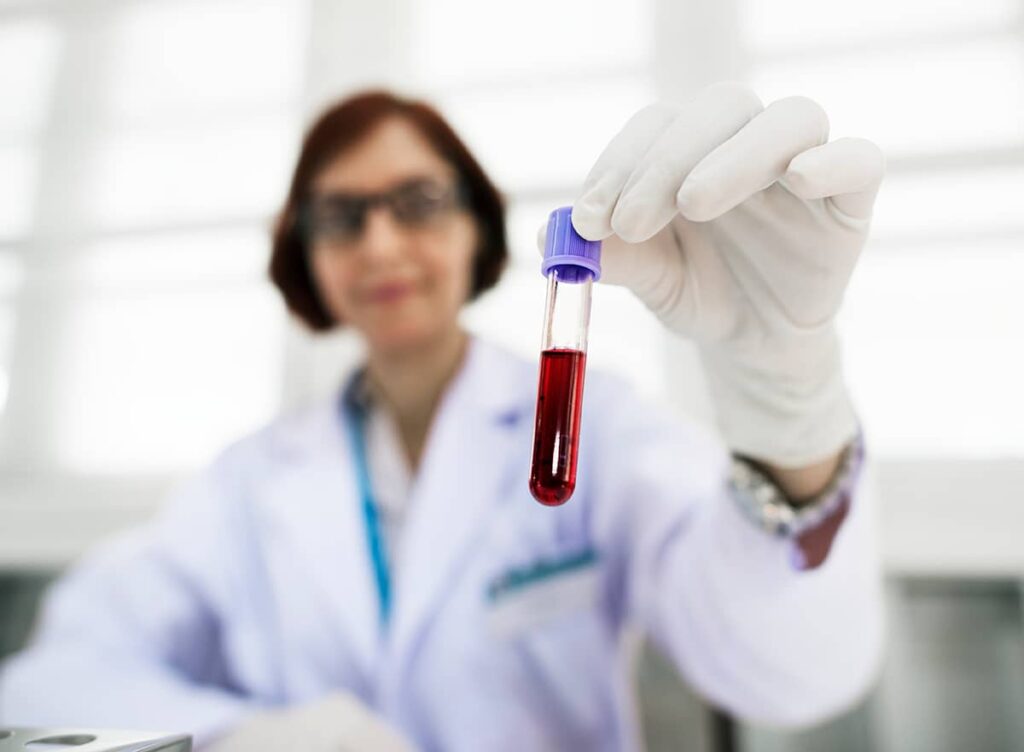
If LDL cholesterol rises significantly on a carnivore diet, you can consider reducing saturated fat intake, eating only when hungry, and incorporating more unsaturated fats into your diet. Ultimately, it might be necessary to reconsider whether strict ketosis is essential for your health or if a more moderate low-carb version of carnivore can be effective. Health gains can be made without adding enough fat to achieve ketosis, and this can keep cholesterol from rising too much. In addition, it is worth noting that current research is putting into question the entire lipid health hypothesis, and elevated cholesterol or LDL cholesterol may not be harmful at all in the context of a very low-carbohydrate diet and good insulin sensitivity.
For individuals with extremely high cholesterol levels and those at risk of heart disease, statins, a class of cholesterol-lowering medications, may be considered. However, their use should be individualized, and medication therapy should be discussed with a medical provider.
Alcohol Tolerance Decreased
When following a strict carnivore diet, your alcohol tolerance may decrease significantly. It’s crucial to exercise caution when drinking alcohol, as you may require fewer drinks than usual to experience its effects. This can impact your ability to drive, so it’s essential to refrain from drinking and driving.

What About Gout?
Gout is sometimes associated with low-carb diets that are high in meat (a carnivore diet is both), potentially due to increased uric acid levels. However, it’s important to clarify that the relationship between carnivore diets and gout is more complex. High sugar intake, rather than low-carb diets, has been linked to an increased risk of gout. Evidence suggests that the risk of gout may decrease over the long term on a low-carb carnivore diet. If you experience gout symptoms, it’s advisable to consult your medical provider for a proper diagnosis and management.
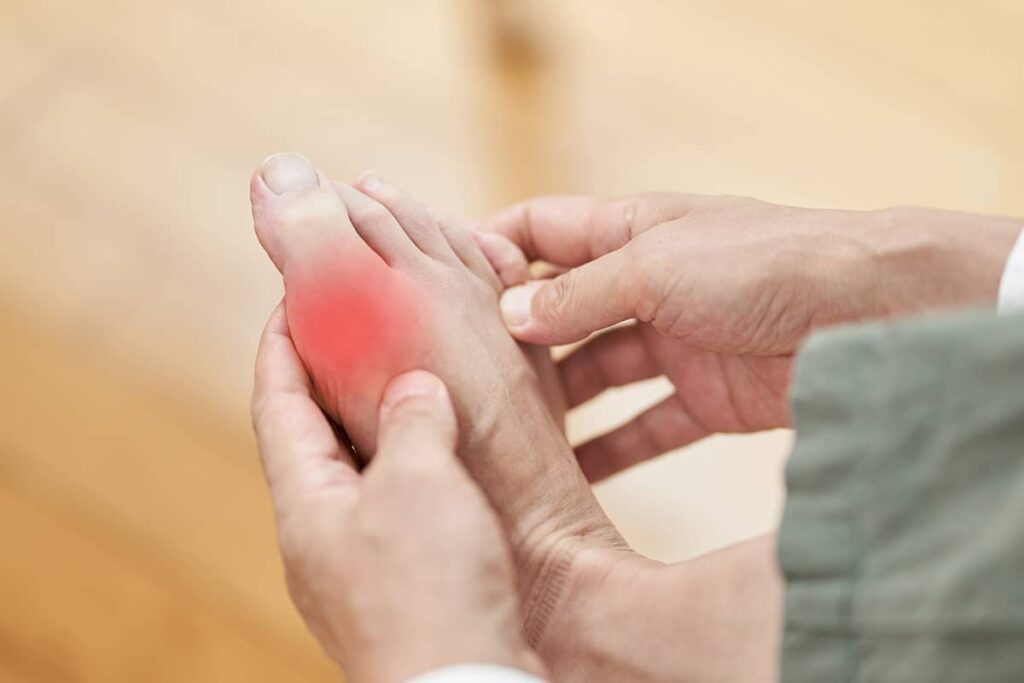
Help others regain health using the carnivore diet!

Reviewed & approved by
Dr. Shawn Baker, MD & Carnivore.Diet team.
